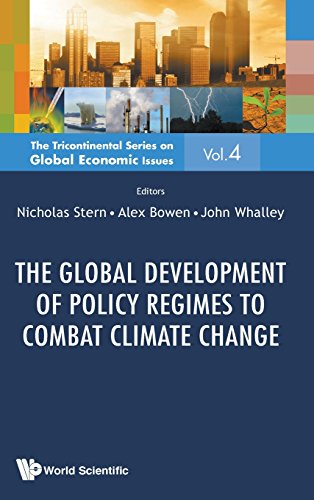

Most ebook files are in PDF format, so you can easily read them using various software such as Foxit Reader or directly on the Google Chrome browser.
Some ebook files are released by publishers in other formats such as .awz, .mobi, .epub, .fb2, etc. You may need to install specific software to read these formats on mobile/PC, such as Calibre.
Please read the tutorial at this link: https://ebookbell.com/faq
We offer FREE conversion to the popular formats you request; however, this may take some time. Therefore, right after payment, please email us, and we will try to provide the service as quickly as possible.
For some exceptional file formats or broken links (if any), please refrain from opening any disputes. Instead, email us first, and we will try to assist within a maximum of 6 hours.
EbookBell Team

4.1
70 reviewsThis book focuses on the prospects for global agreement, how to encourage compliance with any such agreement and perspectives of key players in the negotiations — the United States, India, China, and the EU. It finds that there is strong commitment to the established UN institutions and processes within which the search for further agreed actions will occur. There are already a myriad of local and regional policies that are helping to reduce greenhouse gas emissions and build mutual confidence. However, the chapters in the book also highlight potential areas of discord. For instance, varying interpretations of the "common but differentiated responsibilities" of developing countries, agreed as part of the UNFCCC, could be a major sticking point for negotiators. When combined with other issues, such as the choice of consumption or production as the basis for mitigation commitments, the appropriate time frame and base date for their measurement and whether level or intensity commitments are to be negotiated, the challenges that need to be overcome are considerable. The authors bring to bear insights from economics, public finance and game theory.
Readership: students and researchers in developmental economics and climate change; policy makers and decision makers; general public interested in climate change issues.